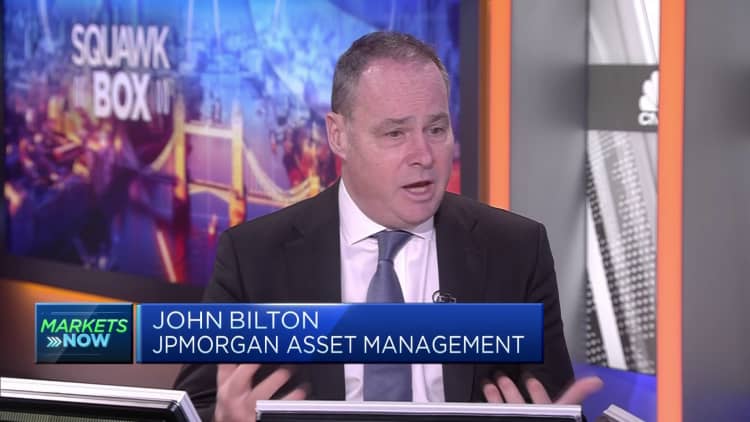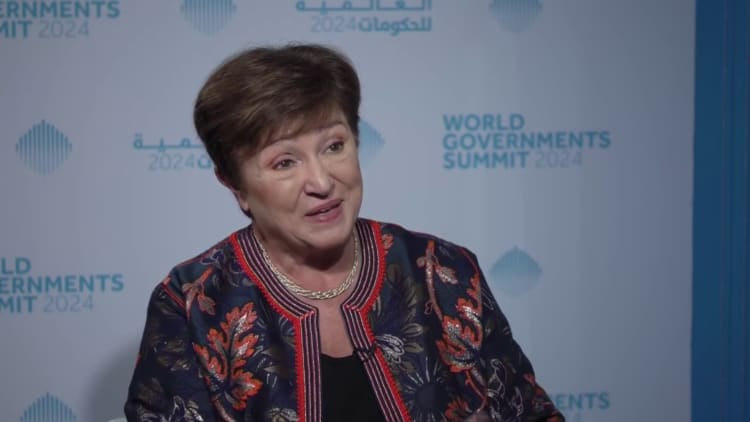
[ad_1]
Visitors near Yuyuan Bazaar in Shanghai, China, on Sunday, Feb. 11, 2024.
Raul Ariano | Bloomberg | Getty Images
Even as China’s economy is facing difficulties, treating it as un-investable like some analysts have suggested would not be the right call, John Bilton, head of global multi-asset strategy at JPMorgan Asset Management, told CNBC’s “Squawk Box Europe.”
“I don’t think you can treat the world’s second-largest economy as either an alternative investment or un-investable, that would be wide of the mark,” Bilton said.
Doubts about investing in China have emerged as the economy is battling pressures from deflation, lackluster economic data that suggests an economic slowdown, and a struggling property market.
Uncertainty around monetary policy and a shrinking labor force are further causes for concern, Bilton noted.

The People’s Bank of China last month said it would lower the amount of liquidity it was requiring banks to hold, which many are hoping will allow more loans to be taken out and prompt more spending.
Some analysts saw this as potential dovish policy shift from the PBOC, which has appeared reluctant to take measures that could boost the struggling economy.
Financial bodies including the International Monetary Fund have called for further monetary policy reforms since then. IMF Managing Director Kristalina Georgieva told CNBC this week that China had been advised to make use of more of its available fiscal and monetary policy space.

Meanwhile, China’s declining population means the labor force is also shrinking – and labor force is the biggest factor when it comes to economic growth, Bilton said. This means the other drivers of economic growth are being asked to do “a lot of heavy lifting,” he explained.
Addressing these issues will be vital for increasing the confidence international investors have in China, Bilton said.
“Some more joined up policy with regard to the direction of monetary policy, tackling the disinflation issue that’s there, and also some sign that the real estate issues are behind us I think are going to be key there,” he explained.
But despite the problems, there are opportunities for investors in China, Bilton argued.
Chinese government bonds could be one of them, he said. The immense size of China’s fixed income market and the relatively small amount of international money within it, as well as the potential for rates to be cut due to disinflation are some of the reasons for this, Bilton explained.
Stock markets remain the other option, he said.
“The reality is, there is still huge stock-picking opportunities in China. There’s a lot the economy needs to do to evolve in terms of the financial sector, dealing with an ageing population, transportation, services etc. So this is one where it’s probably a case of being more laser-focused on the individual stocks,” he said.
[ad_2]
Source link
